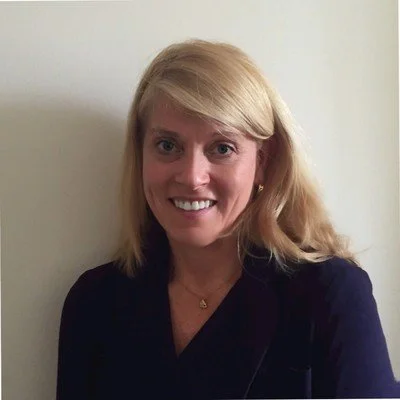Meet the West Health Accelerator Team: Lisa Herlihy, MSN, RN, CCRN, CPHQ
A critical care nurse by training, Lisa Herlihy is the community nurse director for the West Health Accelerator at Mass General Brigham.
She works closely with frontline staff, site leads, clinical champions, nursing and physician leaders, and other members of the health care team to adapt and implement the Accelerator’s model of care for older adults at Mass General Brigham’s community hospitals.
Q&A
Is there an experience that shaped your philosophy about caring for older patients?
Lisa Herlihy: Early in my career, I cared for a geriatric patient who was having a lot of pain. I couldn’t get her comfortable because of all the lines, tubes and drains. I was determined to figure out what the best position was for her. When I changed her hospital gown, I saw a number on her arm. It stopped me in my tracks. I asked if she had been at a concentration camp during the Holocaust, and she said ‘Yes, Auschwitz, when I was a little girl.’ That experience shaped me as a person, nurse and nurse leader in so many ways. When working with nurses and other members of the health care team, I frequently share that story and the associated message that it’s an honor and a privilege to care for our patients when they are in their most vulnerable state. It is also a good reminder that each patient brings their own story and perspective of who they are, where they came from, what they have been through and what matters to them. It’s why we go into nursing — to care for our patients holistically.
What drew you to join the Accelerator team?
LH: I was looking for a role where I could incorporate my skills in leadership and team building, quality improvement, patient experience and advancing evidence-based practice. Since I have been working in various nursing roles in both community hospital and academic medical center environments, the role as community nurse director for the Accelerator was a perfect fit. And the opportunity to continue improving care — particularly for older patients — was very exciting and a goal of mine. When I interviewed, what struck me most was the West Health team’s depth of experience, passion and level of commitment to transform care.
How does your role help advance the work of the Accelerator?
LH: The goal of the Accelerator is two-fold: to improve care for older adult patients at Mass General Brigham and to build a scalable model at the system level to spread across the country. My role is focused on nursing strategy and implementation. I am essentially a liaison, bridging the work being done at our academic medical centers with our community hospitals, supporting site leads with implementation, and ensuring the nursing perspective is always integrated into our work and overall mission.
There is a lot still to do, but I am hopeful that with the generous funding from West Health and with our talented team working together in a truly interdisciplinary, flattened hierarchical approach, we will improve care for our older patients. I feel it and I believe in it both personally and professionally.
How do you ensure that the frontline nursing perspective is considered?
LH: As we continue to focus on the quality of care we provide at Mass General Brigham and as we implement and spread the Accelerator, we are regularly in touch and meeting with frontline staff from our different hospitals to elicit feedback. We’re also exploring other forums like nursing shared governance councils, unit-based councils and high-reliability rounds where we can brainstorm with the nursing subject matter experts and other key stakeholders as to what they’re seeing on the ground, what we might be missing and how we can continually improve care of older adults at both a local and system level.
How does the Accelerator help nursing staff, not just patients?
LH: Nurses go to work every day to provide the best care possible and don’t want to have a patient fall, develop delirium or become deconditioned. These situations can be upsetting and demoralizing for all involved. Part of my role on the Accelerator is to help facilitate and assist our nurses with the right tools, environment and supports to do the job that they really strive to do and are trained to do. Automating processes, implementing best practices and standardizing care will not only improve outcomes for our older patients and their families but will also promote nursing satisfaction, decrease the burden of work and continue to empower nurses to identify opportunities to advance the profession and lead change.

